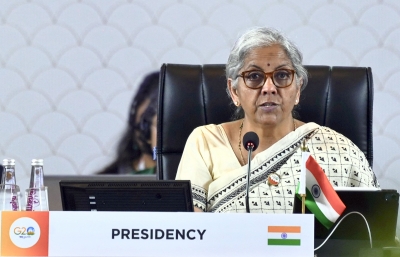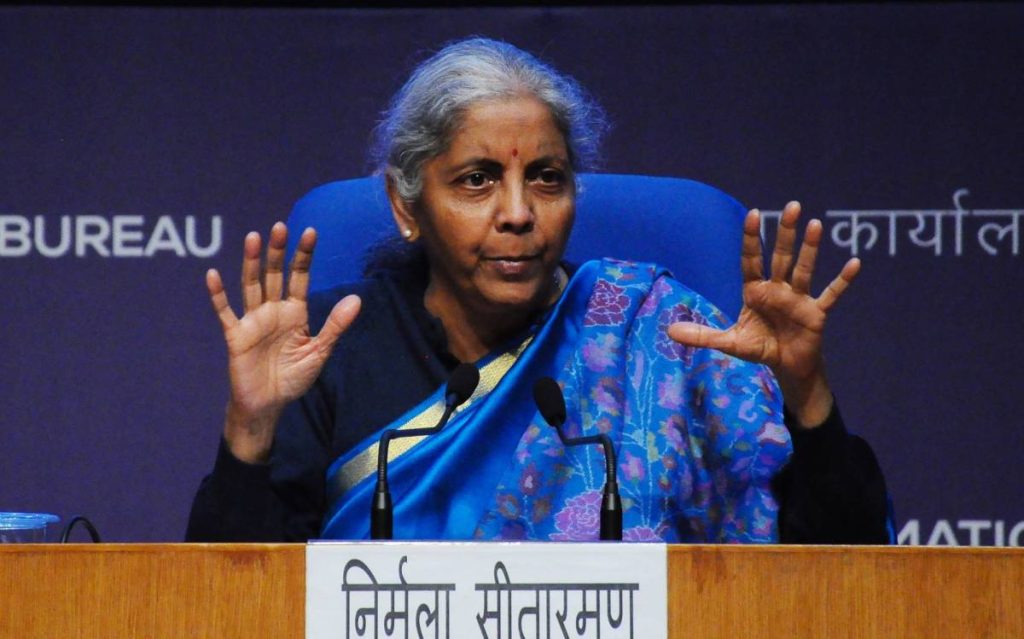Kerala Blasters’ strong backing in Kochi was evident when Drinčić scored from Adrian Luna’s assist just before halftime….reports Asian Lite News
Two cryptocurrency firms associated with high-profile digital entrepreneur Justin Sun were hacked in two exploits that might have stolen up to $115 million to date, the media reported.
The targeted platforms include the HTX digital currency exchange (formerly Huobi), from which hackers stole around $30 million worth of cryptocurrencies, according to the company.
HTX also confirmed that the blockchain bridge Heco Chain, was also attacked, reports CNBC.
Sun, an investor in HTX and connected to the Heco Chain, also confirmed the events on X.
“HTX and Heco Cross-Chain Bridge Undergo Hacker Attack. HTX Will Fully Compensate for HTX’s hot wallet Losses. Deposits and Withdrawals Temporarily Suspended. All Funds in HTX Are Secure, and the Community Can Rest Assured,” he wrote.
Sun also mentioned that the company is “investigating the specific reasons for the hacker attack. Once we complete the investigation and identify the cause, we will resume services”.
According to the market analytics firm CryptoQuant, a total of $85.4 million worth of cryptocurrency has been stolen from the Heco Chain. It was largely denominated in stablecoin USDT and ether.
A significant sum of HBTC, HTX’s native coin, was also stolen.
The data from the market analytics firm also showed that around 11,100 ether tokens have been moved from the HTX exchange in the last few hours.
According to the spokesperson for CryptoQuant, this is around $23 million in cryptocurrency and is primarily the consequence of hackers taking digital coins, as well as a few people attempting to withdraw their funds from the exchange.
Meanwhile, over $7 billion in cryptocurrency has been illicitly laundered through cross-chain crime, with North Korea’s Lazarus Group being linked to the theft of around $900 million between July 2022 and July of this year.
Cryptocurrency Crash Architect Faces Extradition
A court in Montenegro has approved extradition of Do Kwon, the cryptocurrency entrepreneur behind the crash of two digital currencies (TerraUSD and Luna), to either South Korea or the US.
Kwon was arrested in the country in March after being caught at the airport with fake documents.
The final decision on the extradition will be made by the Montenegrin Justice Minister, after Kwon serves a four-month prison sentence in Montenegro for document forgery, reports CoinDesk.
Kwon faces multiple counts of fraud charged by US federal prosecutors, in addition to an ongoing investigation in South Korea.
Kwon, 32, who was behind cryptocurrencies that suffered a multi-billion dollar crash last year, and his chief financial officer, identified only by his surname Han, were arrested at Podgorica Airport on March 23 after attempting to travel to Dubai with forged passports.
In June, a Montenegro court sentenced Kwon, the co-founder of Terraform Labs, and his aide to four months in prison on charges of using fake passports.
The duo had been on the run after fleeing South Korea while under a probe in connection with the crash of Terraform Labs’ TerraUSD and Luna coins, which wiped out nearly 50 trillion won ($38 billion) in market value.
South Korean prosecutors sought an arrest warrant for Kwon over allegations that included providing false information to investors and violation of the capital market law.
Interpol also issued a red notice, used for the highest level of wanted suspects and criminals. Kwon’s passport has since been invalidated.
TerraUSD was designed as a stablecoin, which was pegged to stable assets, like the US dollar. But holders of TerraUSD and Luna lost more than an estimated $40 billion in market value after the stablecoin plunged far below its $1 peg last May.






